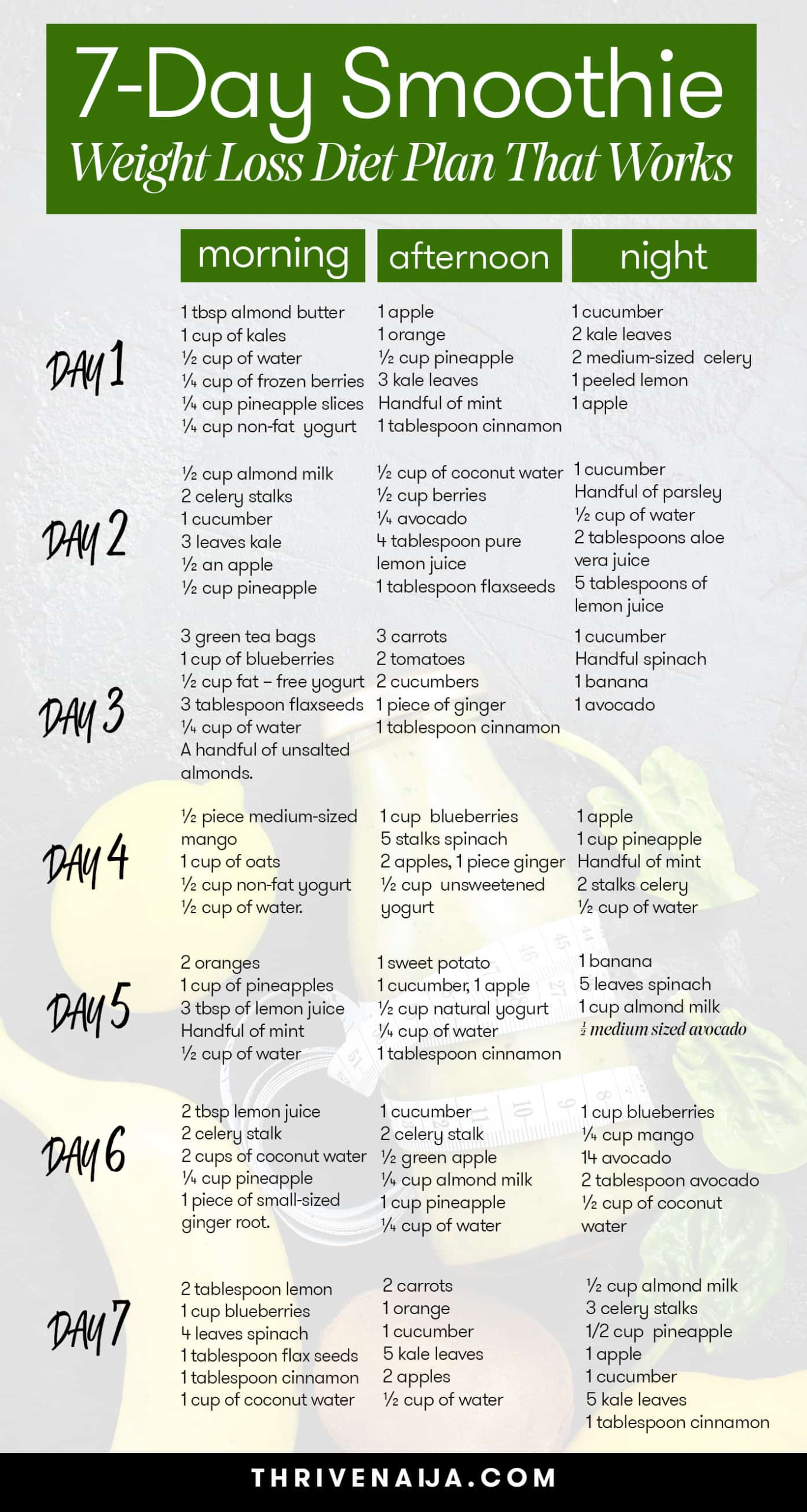Proper nutrition is essential for fitness enthusiasts aiming to enhance their performance and fulfill their fitness goals. With a variety of nutrition plans available, ranging from high-protein plans to carbohydrate-restricted options, it can be overwhelming to figure out which one is best suited for your way of living and preferences. This resource will assist you understand the most commonly used diet types, each with its individual emphasis and rewards, whether you're looking to increase muscle mass, lose weight, or just energize your body for optimal performance.
In this article, we will examine fifteen different diets, addressing their benefits and drawbacks, how they affect your body, and how they can fit your nutritional goals. From the Mediterranean diet, celebrated for its heart-healthy ingredients, to the popular keto and paleo diets, each plan offers a specific approach to health and wellness. We'll also touch on specific diets for those with specific medical needs, such as the no-gluten or renal diet, and lifestyle-focused options like vegan and sustainable diets. No matter your dietary preferences or athletic dreams, this comprehensive guide will enable you choose the right nutrition strategy to boost your capabilities on and off the track.
Popular Diet Styles Explained
One popular dietary plan type is the ketogenic diet, frequently referred to as keto. This low-carb, high-fat diet encourages the body to achieve a state of ketosis, where it utilizes fat for energy rather than carbohydrates. It has gained substantial traction among athletes and wellness enthusiasts seeking to enhance their performance and lose weight. However, while certain individuals claim improved energy levels and mental clarity, others suffer from side effects like fatigue and nutrient deficiencies.
Another recognized diet is the Mediterranean diet, which focuses on whole foods like fruits, vegetables, whole grains, legumes, and healthy fats, especially olive oil. This diet is not only heart-healthy but also promotes overall well-being. It has been commended by healthcare professionals for its advantages in lowering the risk of chronic diseases, making it a preferred choice for those committed to sustainable eating patterns. Athletes may find that the diet provides sufficient energy for training while promoting recovery.
The plant-based diet is gaining popularity for both ethical and health reasons. It is based on whole, minimally processed plant foods while omitting or limiting animal products. Athletes can benefit from this diet by including a variety of fruits, vegetables, nuts, seeds, and grains, making sure they obtain adequate protein and nutrients. While a few may doubt whether a plant-based diet can provide enough fuel for high-performance activities, many examples indicate it's completely possible with proper preparation and execution.
Diet Pros and Cons
While evaluating multiple nutrition types, one must essential to evaluate the pros and drawbacks of each to ascertain what fits best with your goals and lifestyle. For example, the keto diet can cause quick weight reduction and improved energy levels due to fat adaptation, but it might also lead to nutrient shortages and difficulty in sustaining. On the contrary, a Mediterranean diet is celebrated for its heart health advantages and simplicity of following but may not provide prompt weight loss results for some people.

Specialty diets, like the gluten-free or FODMAP eating plan, can significantly improve symptoms for those with dietary intolerances or conditions, promoting enhanced overall well-being. However, these diets can be limiting and could result in difficulties in social situations or a lack of variety in food choices. In a similar way, while vegetarian or vegan diets support morally conscious eating and environmental friendliness, some individuals may struggle to get sufficient protein or essential nutrients without meticulous planning.
Moreover, high-protein diets have garnered interest for their muscle-building benefits, yet they can also lead to increased pressure on the kidneys for some people. It’s important for athletes and fitness enthusiasts to assess their personal health needs and lifestyle requirements to select a diet that not only enhances performance but also supports long-term health and food enjoyment.
Selecting the Best Nutrition Plan for Your Needs
Identifying the ideal diet can feel challenging given the variety of options available. Resources to think about your specific health goals, lifestyle, and preferences before you sticking to a specific plan. For example’s sake, if you're targeting for muscle gain, a high-protein diet may suit you the most, while those concentrating on heart health might lean towards the DASH diet. Remember, each diet has its individual principles and benefits, so aligning it with your goals is crucial.
Your lifestyle also plays a major role in what diet you ought to choose. If you have a full schedule, you might profit from meal prep strategies associated with the Mediterranean diet, or the flexibility of a flexitarian lifestyle. On Weight loss diet , if you like cooking and trying out with meals, a more formal plan like Keto or Paleo could be rewarding. Take into account of how much time you can allocate to meal organization, as this will impact your progress.
Ultimately, it's important to consider how sustainable the diet is for you in the future. While some trendy diets promise quick results, they may not be feasible or beneficial for an extended period. Think about the social aspects of eating and how a particular diet integrates into your daily life with friends and family. At the end of the day, the most suitable diet is a diet that sustains your body, enhances your performance, and fits seamlessly into your daily routine.
